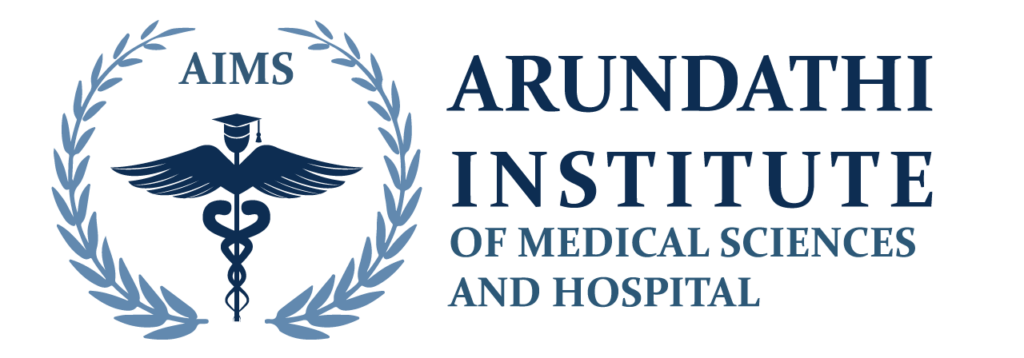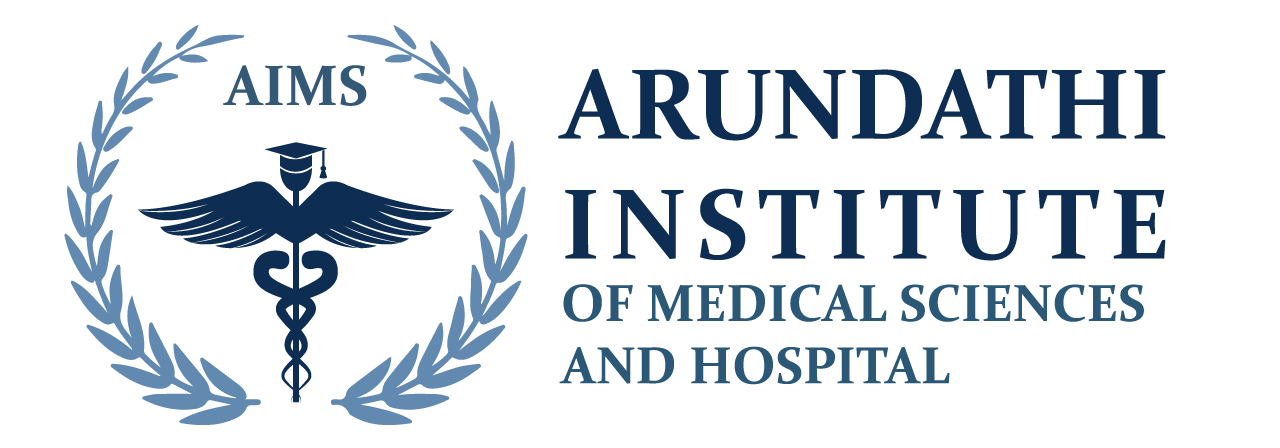Para medical
About BSc MLT:
Have you always aspired to a career in medicine and science? Well, qualifying for NEET is not the only way to enter this field. If you think that the branch of science dealing with the diagnosis, treatment, and prevention of diseases using various laboratory tests are the areas of your interest, then you can have the best career after BSc MLT.
According to BLS, the employment of clinical laboratory technicians and technologists is expected to grow 7% from 2021 to 2031, which is about as fast as the average for all occupations. On average, about 25,600 openings for clinical laboratory technologists and technicians are projected each year over the decade.
What is BSc MLT?
BSc MLT stands for Bachelor of Science in Medical Laboratory Technology. It is an undergraduate degree programme that focuses on the study of medical laboratory sciences. MLT professionals, also known as medical laboratory technologists or medical laboratory scientists, play a crucial role in diagnosing, monitoring, and treating diseases by performing various laboratory tests and analyses.
The BSc MLT programme typically covers a wide range of subjects, including clinical biochemistry, haematology, microbiology, immunology, pathology, molecular diagnostics, blood banking, and laboratory management.
Students gain theoretical knowledge as well as practical skills in laboratory techniques, equipment operation, quality control, and data analysis.
What to Do After BSc MLT?
Well, when it comes to deciding on a career after BSc MLT, there are varieties of doors open for you. Jobs after BSc Medical Laboratory Technology are very promising. Both government and non-government job opportunities are open once you complete your BSc MLT.
Career After BSc MLT
A Bachelor of Science (BSc) in Medical Technology offers a wide range of career opportunities in the healthcare industry. Medical technologists, also known as clinical laboratory scientists.
Here are some of the key scopes and career paths for individuals with a BSc in Medical Technology:
Medical Technologist: One of the primary jobs after a BSc Medical Laboratory Technology career is to work as a medical technologist in clinical laboratories, hospitals, research institutions, or public health agencies.
Laboratory Supervisor/Manager: With experience and further education, medical technologists can advance to supervisory or managerial roles within laboratory settings. Laboratory supervisors or managers are responsible for overseeing laboratory operations, ensuring quality control, managing laboratory staff, and ensuring compliance with regulatory standards.
Infection Control Specialist: Infection control is a critical aspect of healthcare, and medical technologists can specialise in this area, particularly during disease outbreaks or pandemics.
Blood Bank Technologist: Blood bank technologists specialise in blood transfusion services. They are responsible for collecting, testing, and storing blood products, ensuring compatibility between donors and recipients, and maintaining a safe and adequate blood supply for medical procedures.
Research Assistant:
Graduates with a BSc in Medical Technology can pursue careers as research assistants in academic institutions, pharmaceutical companies, or research organisations.
Quality Control Specialist: Quality control specialists ensure laboratory procedures and equipment accuracy, reliability, and quality.
Sales and Technical Support: Medical technology companies often require professionals who can provide technical support and training to healthcare providers using their products.
Healthcare Consultant: Medical technologists can become healthcare consultants, offering expertise and guidance on laboratory practices, quality control, regulatory compliance, and technology implementation to healthcare organisations and private companies.
The BSc in Medical Technology scope is diverse, and the demand for skilled medical technologists continues to grow. Continuous learning, specialisation, and staying updated with advancements in medical technology can enhance career prospects and provide opportunities for advancement within the healthcare industry.
Government Jobs After B Sc MLT:
Government Medical Laboratory Technologist/Technician:
Public Health Laboratory Technician
Medical Laboratory Scientist
Research Assistant/Associate
Quality Control Officer
Healthcare Administrator
Public Health Inspector
Higher Studies After BSc MLT:
Candidates willing to go for higher studies after BSc MLT can surely opt for it. Here are a few possibilities:
Master’s degree in a related field, such as Medical Laboratory Science, Biotechnology, or Molecular Biology
Doctoral Degree (PhD)
Professional certifications like ASCP (American Society for Clinical Pathology), Medical Laboratory Scientist (MLS), or MLT (Medical Laboratory Technician)
Specialized Training Programs
Allied Health Programs such as Physician Assistant (PA), Genetic Counseling, Epidemiology, or Healthcare Administration
Arundhati institute of medical sciences, is one of the best BSc Medical Lab Technology colleges, equips you with the necessary theoretical foundation and hands-on training to excel in various job roles. Whether you choose to work in clinical laboratories, research institutions, or government health departments, you’ll have the skills to perform laboratory tests, analyse samples, and contribute to accurate diagnostics.
Let us first go through the main objective of the programme at college.
How Does B.Sc. Medical Laboratory Technology Programme @ Arundhati institute of medical sciences, Shape Your Healthcare Career?
With the following objectives, B.Sc. Medical Laboratory Technology programme at Arundhati institute of Medical sciences makes students efficient enough to shape their careers well after the completion of the course. The programme:
Provides detailed knowledge regarding the testing techniques done in order to diagnose different diseases.
Makes the students learn how to do lab investigations correctly.
Provides training on carrying out both standard and unique investigative techniques in several branches of medical laboratory technology.
Helps students to effectively communicate with lab staff, other healthcare providers, patients, and the general public.
So, pursuing a career after completing a BSc in Medical Laboratory Technology (MLT) at Arundhati Institute of Medical Sciences can lead to a range of exciting opportunities in the field of medical diagnostics and research. With the knowledge and practical skills acquired during your studies, you can embark on a fulfilling career path in healthcare.
Nursing is a beautiful profession and one of the best career opportunity based programme to work. Arundathi college of nursing provides a high-quality Bsc Nursing program for all medical students interested in a career in clinical nursing. B. Sc Nursing is an undergraduate study for medical professionals that leaves the door open to a number of higher education options as well as work prospects.
Objectives:-
➢ Apply knowledge from physical, biological and behavioural science, medicine
including alternative systems and providing nursing care to individuals, families and
communities at large.
➢ Demonstrate understanding of life style and other factors, which affect health of
individuals and group.
➢ Provide nursing care based on steps of nursing process in collaboration with the
individuals and groups.
➢ Develop critical thinking skills in making decisions in all situations in order to
provide quality care.
➢ Utilize the latest trends and technology in providing health care.
➢ Provide promotive, preventive and restorative health services in line with the
national health policies and programmes.
➢ Practice with in the frame work of code of ethics, professional conduct and legal
boundaries.
➢ Communicate effectively with individuals and groups and members of health team
in order to promote effective interpersonal relationships and team work.
➢ Demonstrate skills in teaching to individuals and group in clinical/community health
settings.
➢ Participate effectively as a member of the health team in health care delivery system
➢ Demonstrate leadership and managerial skills in clinical/community health settings.
➢ Conduct research studies in various settings and utilize the research findings to
improve the quality of care.
➢ Demonstrate awareness, interest and contribute towards advancement of self and the
profession.
Career And Job Prospects In BSC Nursing
BSc Nursing has numerous opportunities and offers. Students may choose to work or further their education. Nursing superintendents, the Indian government, teachers, nursing assistants/supervisors, and other positions are available after completing this course. Students can also pursue post-graduate degrees such as an MSc in Renal, an MSc in Biochemistry, an MSc in Nursing, or an MSc in Education.and also PhD.
>Deputy Nursing Superintendent
>Teacher of Nursing
>Staff Nurse
>Nursing Service >Administrators
>Director of Nursing
>Military Nurse
>Assistant Nursing Superintendent
>Industrial Nurse
>Nursing Superintendent
>Community Health Nurse (CHN
>Department Supervisor
>Nursing Supervisor or Ward Sister
>Home Care Nurses
>Nursing Assistant
>Nurse – Nursery School
>Nurse & Patient Educator
>Junior Psychiatric Nurse
>Critical care nurse
>Theatre nurse
>Overseas nurse
Job prospects for physiotherapy As the population ages and becomes more health-conscious, the demand for physiotherapists tends to increase. Physiotherapists can work in various settings such as hospitals, rehabilitation centers, private clinics, sports facilities, and even in corporate wellness programs. Additionally, advancements in healthcare technology and techniques continue to create new opportunities in the field. Overall, pursuing a career in physiotherapy can offer good job prospects with potential for growth and specialization.
Objectives:
Rehabilitation: Helping patients recover from injuries, surgeries, or illnesses by restoring movement, function, and strength.
Pain Management: Alleviating pain through therapeutic exercises, manual techniques, and modalities such as heat, cold, or electrical stimulation.
Prevention : Educating patients about injury prevention, promoting healthy lifestyles, and designing personalized exercise programs to improve overall well-being.
Optimization of Function: Improving physical function and mobility for individuals with disabilities, chronic conditions, or neurological disorders.
Enhancing Performance: Assisting athletes and active individuals in optimizing their physical performance and preventing sports-related injuries.
Holistic Approach : Addressing not only physical but also psychological and social aspects of health to promote holistic well-being.
Research and Education: Contributing to the advancement of the profession through research, continuing education, and dissemination of knowledge to other healthcare professionals and the public.
By fulfilling these objectives, physiotherapists aim to improve the quality of life and functional independence of their patients across the lifespan.
Objectives:
In Diploma in Lab Technician Course leads to train a person as a multi skilled health care practitioner to assist the technician/doctor in the Lab for testing. This multi-skilled practitioner performs, or assists in performing, clinical laboratory tasks involving patient care.
Job Prospects:
After successful completion of the course, candidate may get employed in Specialty and Supra Specialty hospitals within India or overseas. Laboratory assistants are employed in a number of different locations including hospitals, diagnostic laboratories, clinics, and research centers. They work both independently and collaboratively with supervisors and other coworkers. Candidate can work in any part of India or in International Health Industry.
Objectives:
Catheterization laboratory or Cathlab Technicians are trained to assist interventional cardiologists in performing diagnostic and therapeutic minimally invasive cardiac procedures with the help of cardiac and coronary imaging. The students will be trained to assist doctors during procedures such as coronary imaging including angiography, IVUS, FFR etc., percutaneous coronary interventions (PCI), rotational atherectomy, peripheral angiography, and interventions for structural heart disease. Students will also be able to interpret basic ECG’s and recognize cardiac arrhythmias.
Job Prospects
After the successful completion of the course and internship, student could be employed as a Cathlab Technician or Cardiac Catheterization Technologist in hospitals, diagnostic centres, nursing homes and cardiac clinics. After working as a technologist and gaining some experience, they can work as Application specialist in medical equipment manufacturing companies and can also work as a faculty in academic courses.
Objectives:
The course in Diploma in Anesthesia Technician is designed to assist the Doctors dealing with anesthesia in the operation theatre, ICCU, Post-Operative rooms. These technicians are also helpful in the operation and maintenance of theatre equipments and hospital pipeline system as various electrical and electronic equipments are in use in modern operation theatres for monitoring anesthesia and surgical procedures.
Job Prospects
After successful completion of the course, candidate may get employed in Specialty and Supra Specialty hospitals within India or overseas. Candidate will assist doctors in the Operation Theatres and be an integral part of the care delivery team. Candidate can work in any part of India or International Health Industry.

